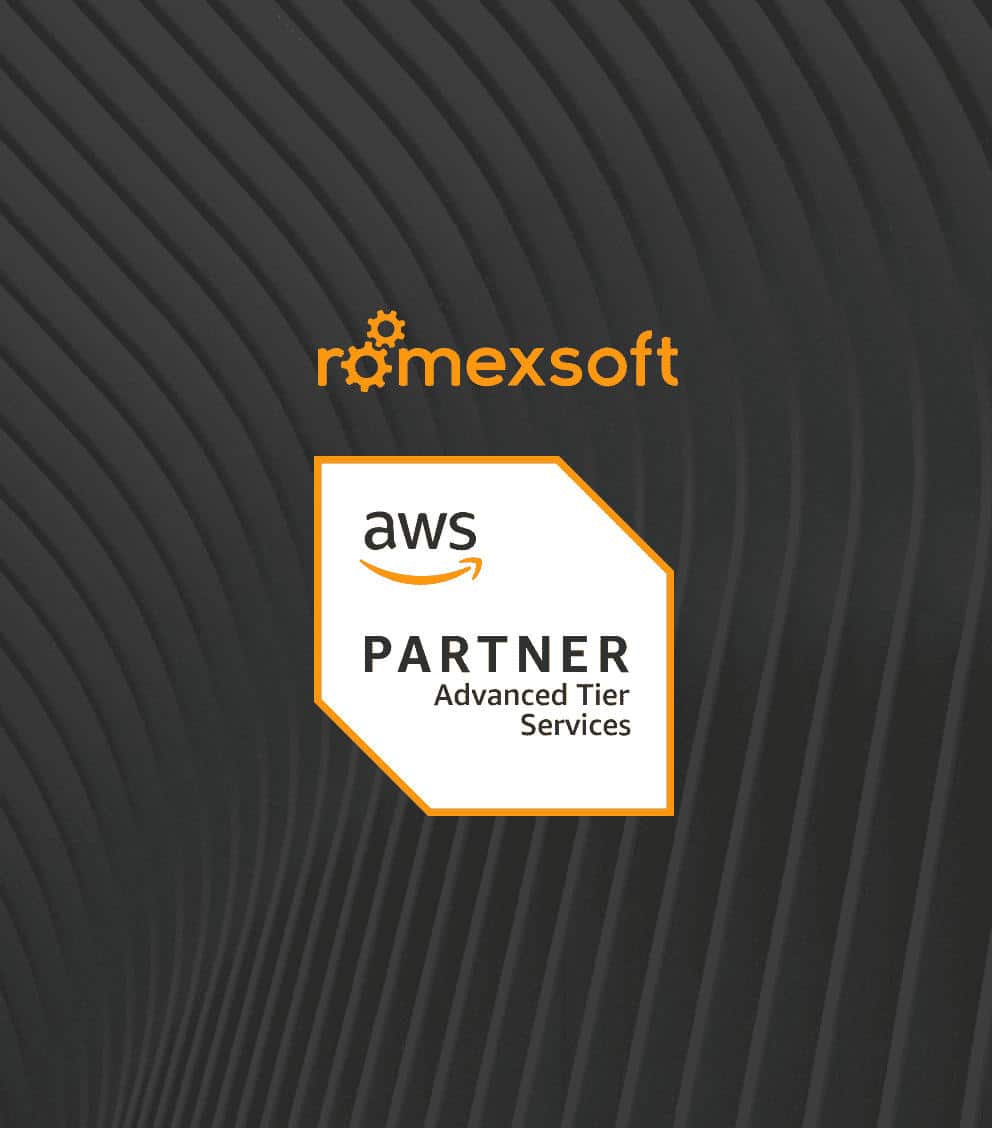Oracle Certified Associate, Java SE 8 Programmer
Oracle Certified Professional, Java SE 8 Programmer
Author’s All Publications

HIPAA compliance requirements help to protect sensitive patient health information from being disclosed without the patient’s consent or knowledge. This article outlines key considerations and requirements you should keep in mind when building a HIPAA-compliant solution on AWS or when adapting an existing healthcare application to meet compliance standards. Companies that decide to build compliant apps on AWS, should know the following:
- what does HIPAA mean
- does AWS provide services for HIPAA compliance
- how to build HIPAA compliant architecture
- what requirements and controls are recommended to be implemented


A private cloud is a sensible choice for businesses that prioritize control, security, and cost predictability. Yet, achieving those requires the same automation discipline that hyperscalers use in their environments. Without it, many are bound to experience common Day-2 challenges: patch delays, scaling constraints, and fragmented toolsets, which soon hurt general performance and drive up costs. This article will shed light on the pitfalls of private cloud management, highlight benefits, and share proven best practices for creating a resilient private cloud environment.
The blog gives an overview of:
- principal Day-2 challenges in cloud management
- benefits of strong private cloud management
- best practices for efficient cloud operations
- 10-step model of resilient private cloud control


This article provides a detailed explanation of the steps that must be taken when migrating your on-premise system to the cloud environment on AWS. It explains the significance of each migration phase and how to prevent issues during it, as well as ensure long-term cost efficiency and performance.
The blog gives an overview of:
- key reasons to move from on-premises to AWS
- step-by-step AWS migration process
- common migration challenges and how to address them
- best practices for post-migration success
- AWS services and tools that can help during migration


This article explores versions of HL7 standards along with their similarities and differences. In particular, it focuses on the differences between FHIR and HL7.
In addition, it explains why FHIR is the best option for modern solutions while highlighting the challenges of its implementation and reasoning behind using more outdated HL7 V2, HL7 V3, and CDA.
The blog highlights:
- definitions of HL7 and FHIR
- FHIR vs HL7 comparison
- which is the better option
- what are FHIR adoption challenges
- future of HL7 healthcare data standards


The global mobile healthcare application market is growing fast. Understanding what kind of applications succeed in this lucrative field and how to develop one is key if you plan to invest in this type of product.
This article provides a detailed analysis of mobile healthcare application types and a step-by-step guide for developing one, augmented with a list of best practices that can help ensure the success of your product.
The blog discusses:
- what healthcare mobile apps are
- benefits of using such applications
- types of mHealth solutions
- must-have features for mobile health apps
- steps to build a healthcare app
- best practices for app development


Effective medical imaging and patient data management rely on specialized healthcare IT systems: PACS and RIS. The purpose of these foundational technologies is to streamline radiology operations, with RIS handling administrative tasks and PACS managing critical image storage and sharing. This article explores the distinct role of each system and how their integration transforms clinical workflows, enhances diagnostic accuracy, and improves patient safety.
The blog highlights:
- what is RIS and PACS
- key differences
- integration benefits
- integration challenges
- implementation and upgrade guide
- emerging trends


Predictive modeling is transforming the health sector by utilizing vast data, AI, and machine learning to anticipate patient needs. This shift from reactive care to proactive forecasting holds immense potential, as it enhances care quality and minimizes expenses. This article explores how this technology functions, its key benefits for patient care, and the real-world challenges it helps overcome.
The blog discusses:
- definition of data analytics in healthcare
- role in the industry
- types of health data
- use cases in healthcare
- barriers and fixes
- emerging trends


Powered by AI and machine learning, predictive modeling is emerging as a key strategy for improving various aspects of modern healthcare. By leveraging EHRs and other health data, this approach allows medical professionals to forecast risks, personalize treatment, streamline operations, and ultimately enhance outcomes while reducing costs. In this article, we explore this proactive method, its proven gains and challenges, and highlight the reasons behind its rapid, industry-wide adoption.
The blog discusses:
- definition of predictive modeling in healthcare
- why it is important in healthcare
- how predictive modeling works
- types of data used
- adoption challenges and solutions
- predictive modeling use cases
- how ML is used in predictive modeling
- trends to shape predictive modeling


